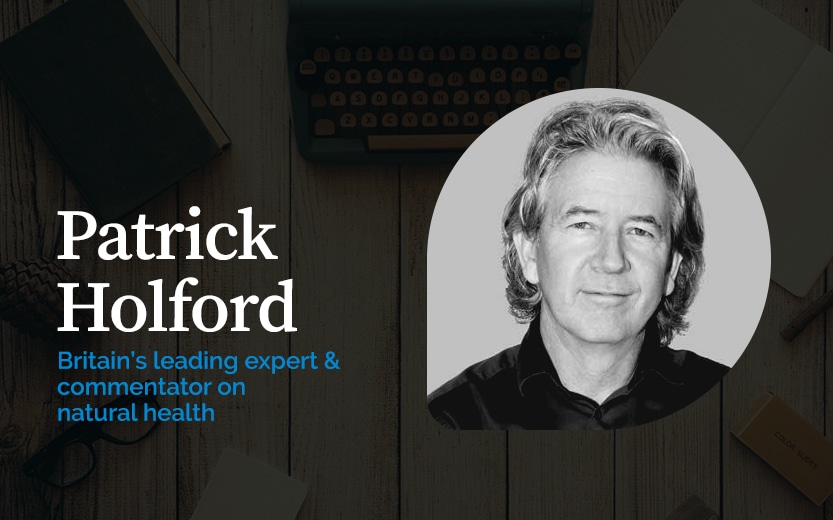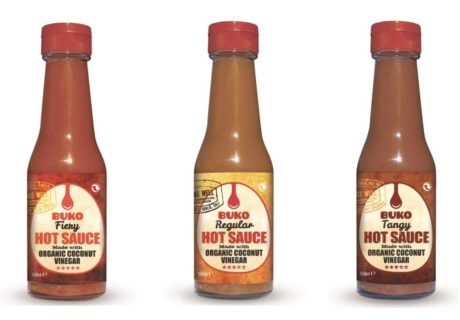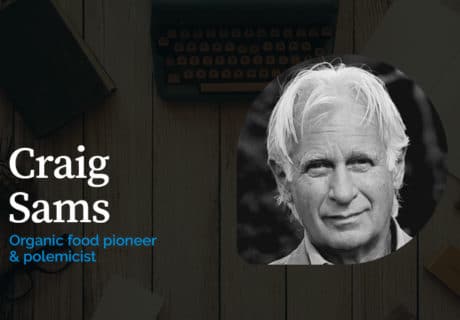It’s the season to drink and be merry, but there’s a good and a bad side to alcohol. Moderate drinkers have a lower risk of a number of diseases, including heart disease and dementia. This is most likely because it promotes GABA release, which switches off adrenalin, so you relax and there are significant benefits from the relief from stress hormones. However, alcohol damages the gut, taxes the liver, intoxicates the brain – which is what being drunk is – and depresses GABA the next day. That’s why the morning after you are more likely to have a flat mood and be more stressed. The headache of a hangover is largely caused by acetaldehyde, a by-product of alcohol produced by the liver.
But there are ways to enjoy the pleasurable side of drinking without these downsides. Firstly, there are many other ingredients in alcoholic drinks that many people unknowingly react to from yeasts to sulphites. Drinking organic and/or sulphite or yeast-free drinks is a growing trend.
Alcohol’s gut unfriendly effects are, to some extent, mitigated by not drinking on an empty stomach. Food will slow down the rate at which you absorb any alcohol and protect your gut lining from irritation. This could be something as simple as some peanuts with your pint or olives with your glass of wine. Even better is to eat a meal that combines protein and slow-releasing carbohydrate – for example, fish and rice or meat and potatoes with vegetables. Ideally, cruciferous veg such as broccoli and kale which actually help alcohol detoxification in the liver. But what really protects the gut (and is destroyed by alcohol) is the amino acid glutamine.
Having a teaspoon (5g) of glutamine powder in a glass of water before you go to sleep makes a big difference. Glutamine directly nourishes and helps protect gut mucosal cells.
Secondly, during the liver’s detoxification of alcohol a toxin called acetaldehyde is created, which is what gives you many of the classic symptoms of a hangover. One measurable effect of curcumin, the active ingredient in turmeric, is its ability to detoxify alcohol. In a study giving people a measured amount of alcohol, after which they either drank mineral water or were given a modest dose of Theracurmin (a water-soluble form of curcumin) the supplement cut the level of acetaldehyde by about a third, compared to drinking mineral water. I would recommend both curcumin and drinking water. Double the dose and you could reasonably expect to halve acetyldehyde levels and hangover symptoms. What’s more, curcumin has recently been shown to protect the liver and reduce the risk of fatty liver disease.
Alcohol also depletes B vitamins and vitamin C which is vital for reducing alcohol-induced oxidative stress in your liver. An animal study showed that vitamin C was more protective to the liver after alcohol exposure than silymarin (milk thistle), another support nutrient which improves liver function. Zinc is also essential for the activity of the main enzyme that detoxifies alcohol, called alcohol dehydrogenase, hence reducing acetaldehyde production and, consequently, likely to reduce hangover symptoms.
Detoxification of alcohol is also dependent on glutathione, or its precursor N-acetyl-cysteine (NAC). If the liver runs out of available glutathione, alcohol can induce significant liver damage, but both glutathione and NAC have been shown to improve the liver’s ability to detoxify alcohol. In fact, in cases of liver failure, NAC is given to ‘reload’ the liver’s detox capabilities. Alcohol is detoxified by the same process as paracetamol so the combination of both really taxes the liver and is best avoided. B vitamins also help because another liver detoxification pathway involves methylation. SAM-e, the ultimate methylation nutrient – available over the counter in the US, but not in the EU – is also very protective. A good multivitamin and antioxidant supplement containing either glutathione or NAC therefore provides a background of healthy liver detoxification potential.
If I’ve drunk a fair amount I have all three: 2g of vitamin C with zinc, one teaspoon of glutamine powder in water and three curcumin extract supplements, and I take a glass of water to bed to drink when I wake up, in order to keep myself hydrated.
You will be amazed at how different you feel the next day! Of course, drinking too much is not a good idea but you might as well recover quickly when you do.
A fully referenced version of this article is available at www.patrickholford.com/hangovercure





